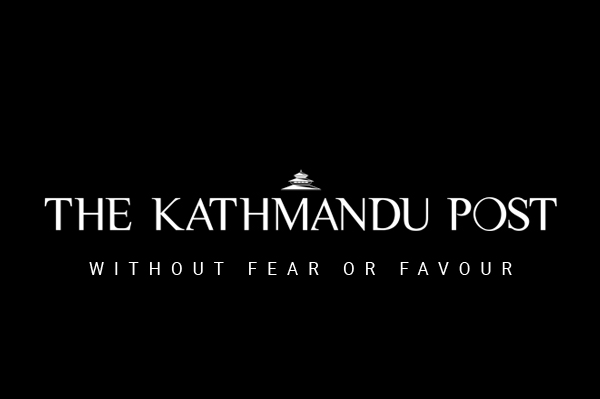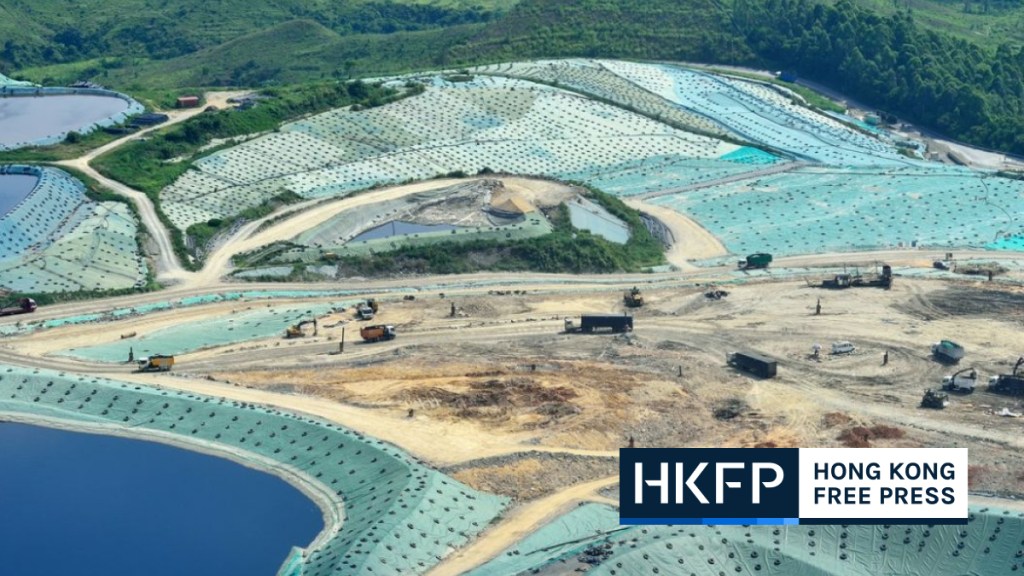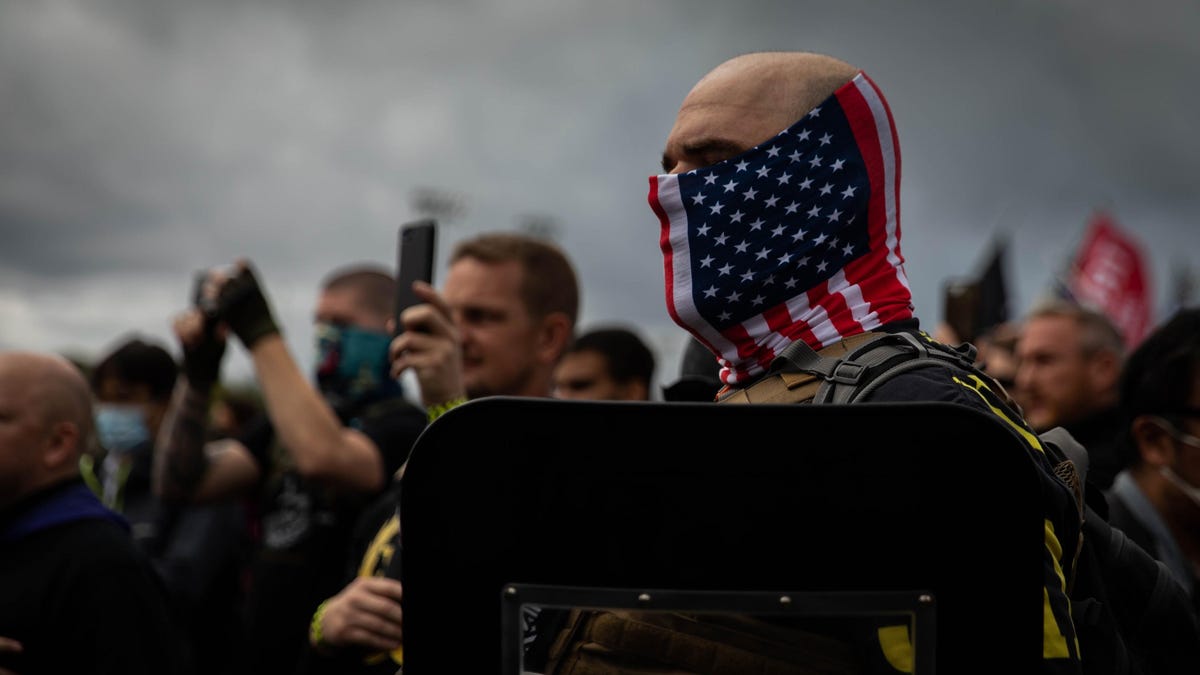Published at : December 7, 2021
Updated at : December 8, 2021 00:38
It is the season of general conventions for the major political parties in Nepal. If there is one thing in common among the parties, it is the reluctance of the older men to make space for the younger crop of leaders. Apart from the age of the party men–yes, the top leaders across all parties are almost always men–the parties are extremely reluctant to adopt timely changes in terms of ideology and political praxis. The first such instance this election season was the way the CPN-UML held its convention at the end of November. It was essentially a one-sided affair as KP Sharma Oli bulldozed his way through the election process, micro-managing the party by handpicking leaders of his choice. Those who attempted to challenge Oli's dogma were either "managed" internally or defeated in whatever little polling happened for the contested seats.
The recently concluded convention of the Rastriya Prajatantra Party was a breath of fresh air in undoing the gerontocracy that defines Nepal's political parties. Rajendra Lingden, a comparatively younger leader, emerged as the party's chairman, beating his rival Kamal Thapa by almost 200 votes. However, despite conceding defeat and congratulating Lingden, Thapa, in a rant to express his discontentment, has blamed his loss on the interferences of the erstwhile monarch Gyanendra Shah. In republican Nepal, the people have now been left wondering whether to celebrate the defeat of an old and tested leader or to celebrate the rise of a young leader who has built his identity as a bigger monarchist than the previous one.
The Nepali Congress convention, to be started this week, has created quite a buzz in terms of changing the old guard. However, in all likelihood, it will remain just a buzz without any substantial change. Sher Bahadur Deuba, the incumbent party chair and the prime minister, is already in his 70s and is in no mood to clear the way for the younger generation. Similarly, Ram Chandra Paudel, another septuagenarian, is still hopeful that the younger generation from disparate groups will help him this time, although he has also expressed his intention to step aside if there is a consensus against Deuba. Even as those slightly younger than Deuba and Paudel continue to make feeble claims to leadership, those who came of age in politics in the heady years of the 2000s seem to be content playing sidekicks rather than coming to the forefront as yet.
The CPN (Maoist Centre) convention that is slated for the end of December has failed to create any serious buzz about a change of the old guard. Unlike in other parties, the discourse regarding a change of the old guard is not even visible in the party that remains almost a one-man show under the leadership of Pushpa Kamal Dahal. There have been instances of youth as young as 18 winning local level conventions of the political parties. That is a positive sign, although it would be too simplistic to term their rise as a formidable change given that gerontocracy has firm roots in Nepali politics. No matter how well-informed and progressive the young generation is when it comes to adopting cultural and social changes, it is yet to exhibit a deep commitment to change political affairs. The old guard will not hand leadership positions to the youth; it is up to the youth to wriggle them from the hands of the older men.













 English (US) ·
English (US) ·